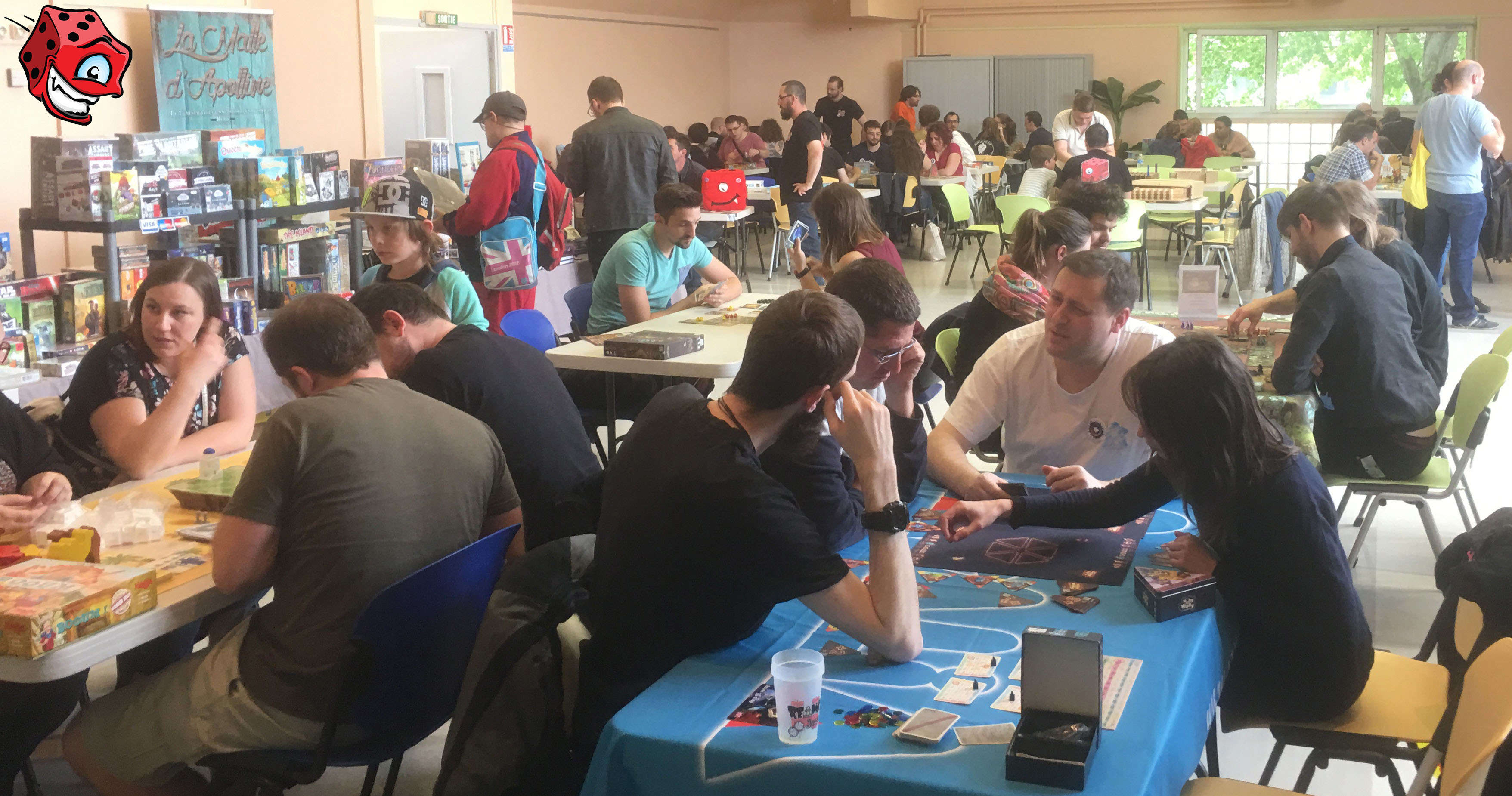The concept of global movement in sports encompasses the mobility of athletes, the spread of competitions, and the cultural flows that link fans across borders. While the benefits are clear—broader audiences, richer competition, and cross-cultural understanding—risks also exist. To review these dynamics fairly, I’ll evaluate them by four criteria: performance outcomes, equity, economic value, and security. Each category highlights both strengths and shortcomings of the current landscape.
Athlete Mobility: Expanding or Exploiting?
Athlete migration has expanded rapidly, with players moving across continents for contracts and exposure. By performance criteria, this enhances leagues, as top talent raises competitive standards. Economically, transfers generate revenue and sponsorships. Yet, equity is questionable. Reports from Human Rights Watch note cases of exploitation, particularly in lower-tier leagues where contracts may lack protections. Recommendation: athlete mobility is positive for performance but requires stronger labor safeguards to avoid exploitation.
Mega-Events: Global Festivals or Local Burdens?
World Cups, Olympics, and similar spectacles symbolize global movement. By equity and economic value, outcomes are mixed. Studies from the Journal of Sport and Social Issues show short-term economic boosts but limited long-term benefits for host communities. Performance outcomes are neutral, as competition quality is independent of venue. On security, these events are vulnerable to digital and physical threats. Recommendation: worthwhile only when planning emphasizes sustainable infrastructure and strong oversight.
Media Globalization: Access or Saturation?
Broadcasting and streaming platforms now make competitions globally accessible. On performance, wider exposure motivates athletes, and equity improves as fans worldwide can watch. Yet, economic value concentrates heavily among a few corporations, raising questions about fairness in profit distribution. Additionally, media saturation risks fan fatigue. Tools like 스포츠매거진분석관 highlight how audience analysis can improve balance, but over-commercialization remains a concern. Recommendation: expand media access but regulate monopolistic practices.
Data Analytics: Empowering or Dividing?
The rise of sports analytics has changed scouting, tactics, and training. Performance benefits are significant—teams refine decisions with precision. However, equity falters, since wealthier clubs gain disproportionate access to advanced tools. Economically, analytics can improve return on investment, but barriers to entry remain high. Recommendation: adopt analytics universally but encourage knowledge-sharing to narrow the gap between resource-rich and resource-poor organizations.
Esports Integration: Innovation or Distraction?
Esports represents a digital extension of global sports movement. Performance and economic value are promising, with billions in global viewership and growing sponsorships. Equity is mixed—while entry barriers for players can be low, gender representation is lagging. Security concerns are sharper in esports, where cyber threats loom large. Reports from sans stress vulnerabilities in digital infrastructures, making cybersecurity essential. Recommendation: integrate esports, but prioritize digital safety and inclusion policies.
Governance and Regulation: Consistent or Fragmented?
Traditional sports rely on federations with established frameworks, though scandals reveal weaknesses. Esports governance is fragmented, with publishers controlling competitive ecosystems. By equity criteria, this creates inconsistency: athletes may receive strong protections in one context and none in another. Economically, fragmented governance risks alienating investors wary of instability. Recommendation: reform traditional institutions for transparency and push for collaborative governance models in esports.
Fan Participation: Inclusive or Commercialized?
Fan movement mirrors global competition, with supporters traveling or engaging digitally. Performance and equity benefit from diverse fanbases, but commercialization often overshadows authentic engagement. Ticket prices, merchandise costs, and paywalls create barriers. Economically, fan spending fuels growth, yet inclusivity suffers. Recommendation: value fans as stakeholders rather than consumers alone, balancing revenue strategies with accessibility.
Security Concerns: Managed or Escalating?
Global sports face rising risks, from doping and match-fixing to cyberattacks on event organizers. According to Interpol and cybersecurity researchers, breaches can undermine competitive integrity. Security is the category where failures have the most immediate consequences—fans disengage when fairness is doubted. Recommendation: treat integrity and cybersecurity as foundational, not secondary, investments.
Comparative Insights
When comparing across categories, technology-driven shifts—media globalization, analytics, esports—show the most promise but also carry the sharpest equity and security risks. Traditional areas like athlete mobility and mega-events remain impactful but demand reform. In every case, the pattern is clear: without safeguards, benefits skew toward wealthy stakeholders, leaving athletes and fans vulnerable.
Final Recommendation
The global movement in sports offers extraordinary opportunities, but only if managed responsibly. Policies must enforce labor rights for athletes, prioritize sustainable planning for mega-events, regulate media monopolies, democratize analytics, and strengthen cybersecurity across physical and digital domains. Without such measures, the risks—exploitation, inequality, and insecurity—may overshadow the gains. With them, however, global sports can deliver not just entertainment, but also fairness and resilience in an interconnected world.
⚠ L’association « Reims Dés Jeux » a déménagé dans de nouveaux locaux (plus grands et flambant neufs) et se trouve désormais en centre ville, au sein même de « La Grande Malle » (au 12-14 Avenue de Laon, 51100 Reims) !!!
(cliquez sur ce lien pour visualiser l'emplacement de nos nouveaux locaux))
Bienvenue sur le forum officiel de « Reims Dés Jeux », association de jeux de société modernes à Reims !
L’association ouvre à nouveau ses portes pour une nouvelle année ludique en compagnie de toute son équipe de bénévoles.
De ce fait, si vous avez le goût du jeu et un enthousiasme sans faille, ne vous privez surtout pas, venez nous rejoindre sans attendre et n’hésitez pas à en parler autour de vous !
Le support de ce forum fonctionnant par « autogestion », cela signifie que « tout le monde aide et renseigne tout le monde ». Par conséquent, si quelqu'un vous vient en aide ou vous rend service, remerciez-le et renvoyez-lui l'ascenseur en le conseillant à votre tour ou bien encore en aidant quelqu'un d'autre lorsque l'occasion s'y prête.
Faites en sorte de poster dans la bonne rubrique, de respecter les propos des autres internautes, de ne pas utiliser le langage SMS et d'utiliser autant que possible la fonction « Recherche » afin d'éviter les doublons.
Et... Gardez le sens de l'humour, de la convivialité et de la décontraction. Nous ne sommes pas ici pour se prendre la tête.
➯ Définition : Qu’est-ce que le « jeu de société moderne » ?
(cliquez sur ce lien pour visualiser l'emplacement de nos nouveaux locaux))
Bienvenue sur le forum officiel de « Reims Dés Jeux », association de jeux de société modernes à Reims !
L’association ouvre à nouveau ses portes pour une nouvelle année ludique en compagnie de toute son équipe de bénévoles.
De ce fait, si vous avez le goût du jeu et un enthousiasme sans faille, ne vous privez surtout pas, venez nous rejoindre sans attendre et n’hésitez pas à en parler autour de vous !
Le support de ce forum fonctionnant par « autogestion », cela signifie que « tout le monde aide et renseigne tout le monde ». Par conséquent, si quelqu'un vous vient en aide ou vous rend service, remerciez-le et renvoyez-lui l'ascenseur en le conseillant à votre tour ou bien encore en aidant quelqu'un d'autre lorsque l'occasion s'y prête.
Faites en sorte de poster dans la bonne rubrique, de respecter les propos des autres internautes, de ne pas utiliser le langage SMS et d'utiliser autant que possible la fonction « Recherche » afin d'éviter les doublons.
Et... Gardez le sens de l'humour, de la convivialité et de la décontraction. Nous ne sommes pas ici pour se prendre la tête.
➯ Définition : Qu’est-ce que le « jeu de société moderne » ?
Global Movement in Sports: A Critical Review
-
totosafereult
- Message(s) dans cette discussion : 1
- Messages : 1
- Inscription : 29 sept. 2025, 14:23
Qui est en ligne ?
Utilisateurs parcourant ce forum : Aucun utilisateur inscrit et 7 invités

